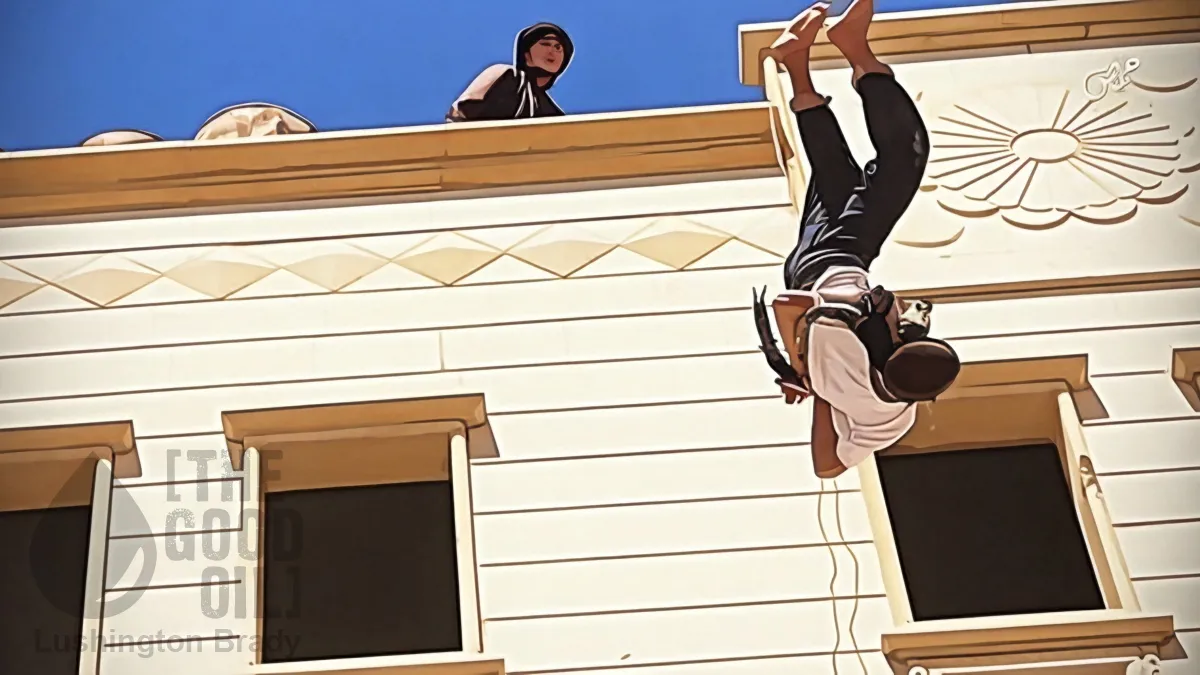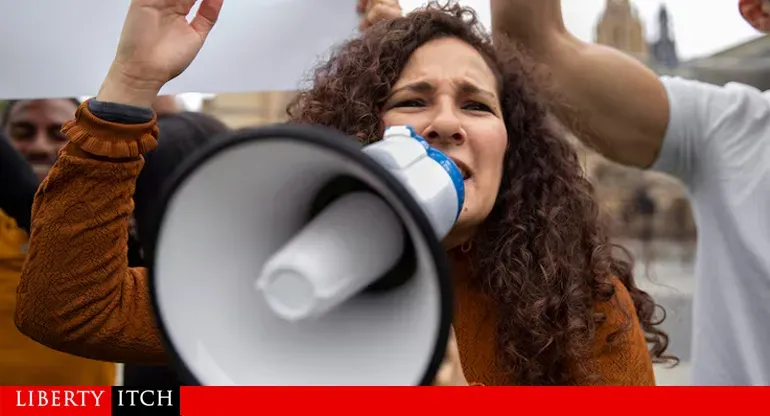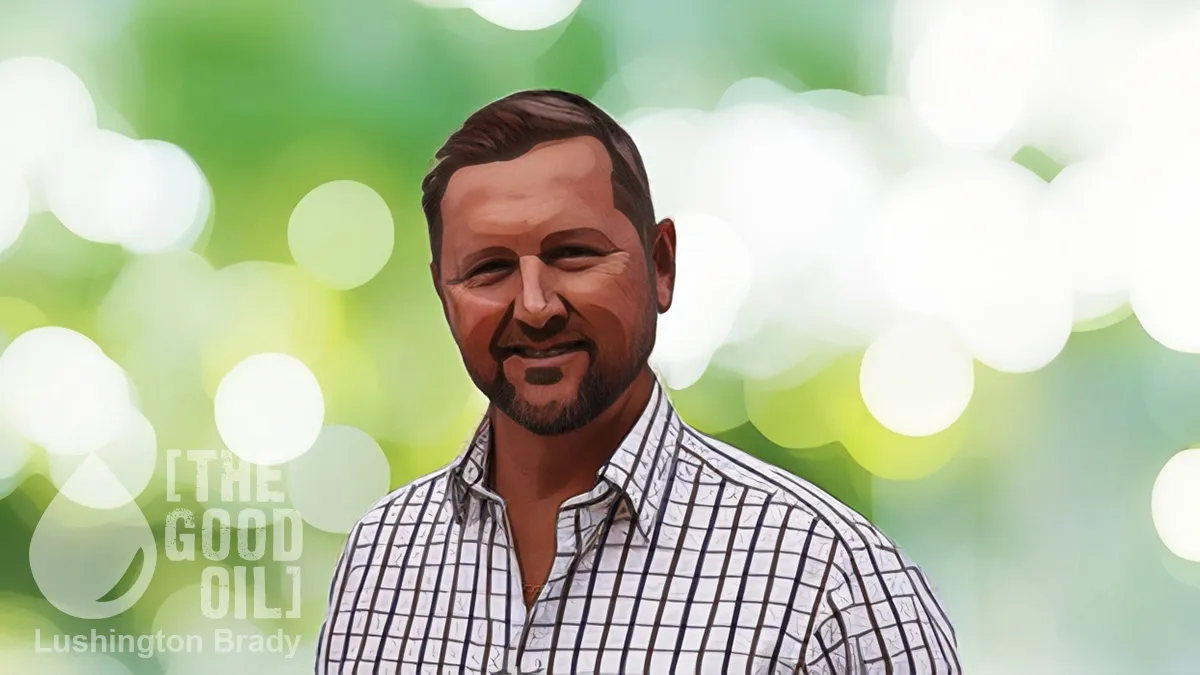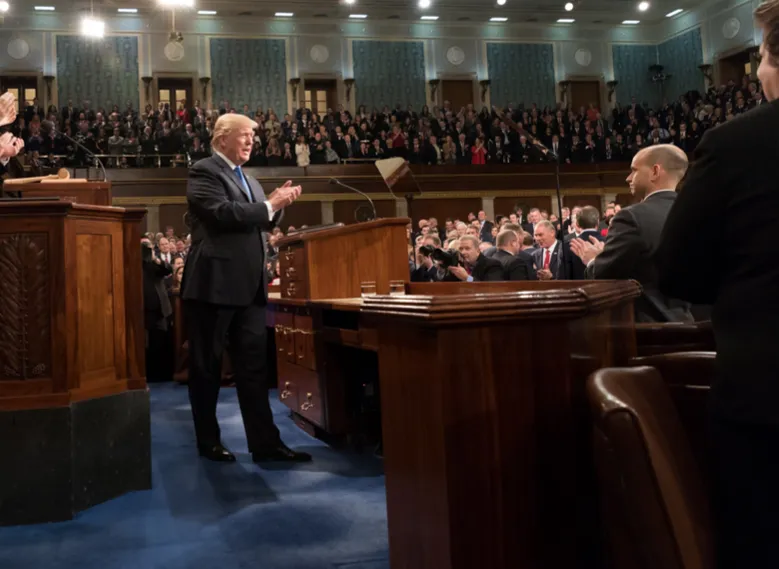Table of Contents
What is it with socialist governments and utterly failing to learn from already-failed housing schemes?
Well, I guess if they were capable of learning from failure, they wouldn’t be socialists. Which is as poor an excuse as any for the Albanese government lining up to join the ranks of failed housing schemes. But the Albanese government, bragging that it will spend $3 billion to build 1.2 million homes, may be setting itself up for the biggest, most costly failure yet.
After all, Kiwibuild only made the grandiose claim of building 100,000 homes for $2 billion. Albo reckons he can build ten times that many, for just 50% more cost.
But Anthony Albanese doesn’t even have to look across the Tasman to get a dose of harsh reality. He only needs to ask his good mate, Dictator Dan.
Six years since the Victorian government promised to develop surplus government land for affordable and social housing, not a single home has been built under the initiative.
That makes even Ardern and Robbo look like models of government efficiency, by comparison.
Advocates say the stalling of the so-called inclusionary zoning pilot project has left them doubting the government’s ability to effectively tackle the housing crisis in its looming statement.
Gee, you don’t say.
Inclusionary zoning is a system used in the US, Europe, South Australia, the ACT and parts of NSW that requires a proportion of social or affordable housing be delivered as a condition of approval for larger housing projects.
Sure, promises Moneybags McDeveloper, I’ll set aside some of this prime land in central Melbourne for a couple of povvo apartments. To quote Jurassic Park, “We’ll have a, uh, coupon day”.
Labor started talking about inclusionary zoning almost 20 years ago in response to declining housing affordability but it faced strong opposition from the property industry.
Labor promised during the 2014 election campaign which swept it to power that it would launch a scheme developing surplus government properties for housing.
In early 2017, Premier Daniel Andrews announced that six surplus government sites – in Parkville, Broadmeadows, Reservoir, Noble Park, Boronia and Wodonga – would be sold to developers at discount rates in return for 100 social homes being incorporated in the wider private housing projects.
And as the sites were publicly owned, planning approvals would be handled by the government, bypassing local councils and communities, in a bid to speed up the process. The government said construction would start in 2018.
“Speed up the process” and “handled by the government” are mutually exclusive terms. Especially when it comes to the Andrews government. At last count, its vaunted Westgate Tunnel project is nearly double its budget and at least three years behind schedule.
But not a single home — private or social — has been built on any of the sites; the largest of the projects has stalled completely, and the other five are languishing at various stages in the state’s planning processes.
Hands up who’s surprised, here?
And if the existing residents of Parkville, one of the densest clusters of Order of Australia recipients in the country, object to having the equivalent of a Kainga Ora project dumped in their midst, well, Dictator Dan’s got a boot for you.
The Age has previously revealed the government’s upcoming reforms are likely to include a voluntary scheme whereby neighbours will be denied the right to object to housing projects if developers agree to include a proportion of affordable homes in their proposals.
The Community Housing Industry Association’s Jess Pomeroy said that in 2021, a state parliamentary inquiry into homelessness recommended mandatory inclusionary zoning.
The Age
Welcome to Dandrewstan.








